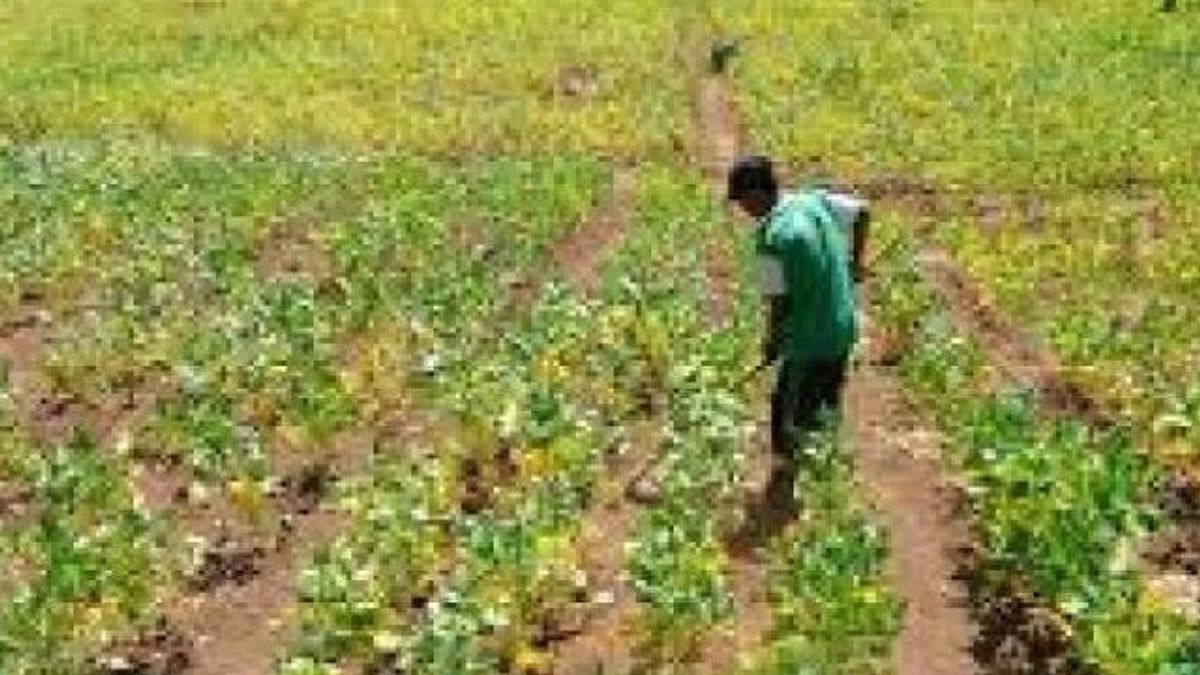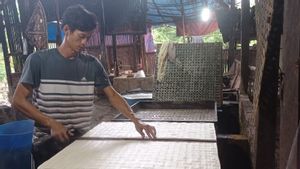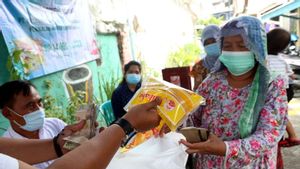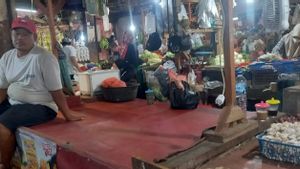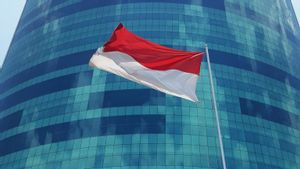JAKARTA - The Ministry of Agriculture is targeting the production of 1 million tons of soybeans this year to meet the national demand for soybeans so that they are no longer dependent on imported supplies.
Director of Various Nuts and Bulbs of the Directorate General of Food Crops Ministry of Agriculture Yuris Tiyanto said the production target would be realized through planting soybeans in 650 thousand hectares of land in 14 Indonesian provinces.
"We have tried with friends at the Director-General of Food Crops, especially at the Directorate of Various Nuts and Bulbs to increase production. One strategy is that we have provided assistance to farmers covering an area of 52 thousand hectares through APBN funds to plant soybeans," Yuris was quoted as saying, Antara, Tuesday, February 22.
With a target planting area of 650 thousand hectares by 2022, the remaining 598 thousand hectares will be financed through People's Business Credit (KUR).
Yuris said that the land area of 52 thousand hectares had begun to be planted with soybeans in January 2022. While the remaining 600 thousand hectares of land will be planted with soybeans from April to October 2022.
The 650 thousand hectares of land is a monoculture area that already exists and will be planted with soybeans to achieve the 2022 production target.
VOIR éGALEMENT:
In addition to using the existing land, the strategy to increase soybean production is also carried out with the intercropping technique, namely planting two types of plants on the same plot of land.
"We haven't tried overlapping yet, namely planting corn first and then after harvesting corn, we will plant soybeans. This means that we use cornfields, we can do this. There are two strategies, namely monoculture, and one overlapping," he said.
Yuris said that the domestic soybean production target is the medium to long term and has not been able to resolve the issue of high imported soybean prices as it is today. He said the plan to plant soybeans on the 650 thousand hectares of land is the foundation so that Indonesia can meet domestic soybean needs.
The English, Chinese, Japanese, Arabic, and French versions are automatically generated by the AI. So there may still be inaccuracies in translating, please always see Indonesian as our main language. (system supported by DigitalSiber.id)
